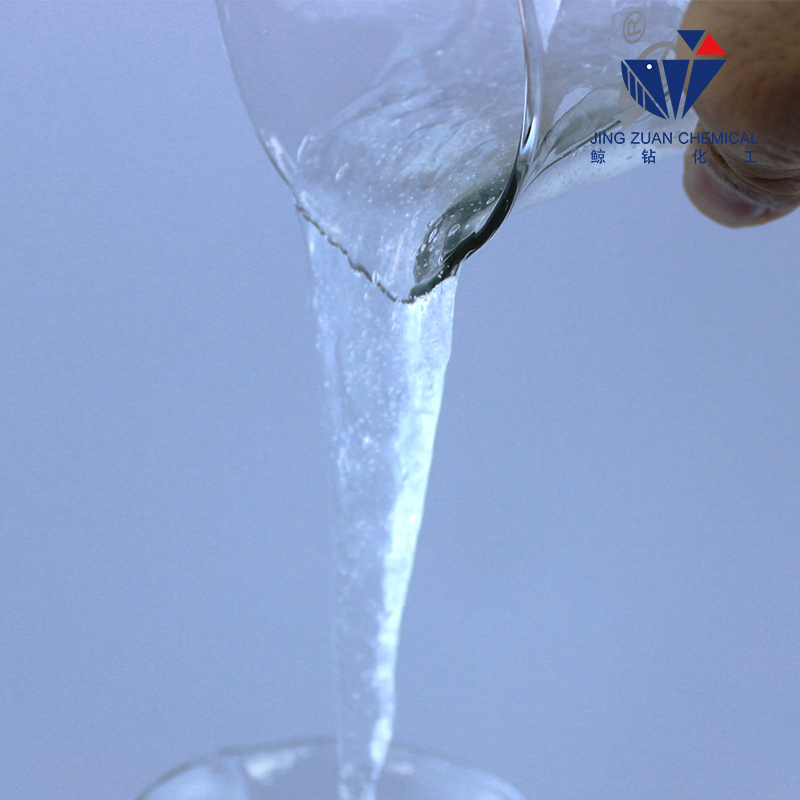
Nov . 21, 2024 21:39 Back to list
hpmc solution
Understanding HPMC Solutions A Comprehensive Overview
Hydroxypropyl Methylcellulose (HPMC) is an essential polymer used in a variety of applications, particularly in the pharmaceutical, food, and construction industries. Known for its thickening, binding, and film-forming properties, HPMC has become a key ingredient in numerous formulations. This article delves into the characteristics of HPMC solutions, their applications, benefits, and considerations for use.
Characteristics of HPMC
HPMC is a cellulose ether derived from natural cellulose, modified to enhance its functional properties. It is soluble in water and forms a viscous solution, which makes it suitable for a wide range of uses. The degree of substitution and the molecular weight of HPMC can vary, influencing its solubility, viscosity, and gelation properties. Typically, HPMC is available in various grades, allowing for tailored solutions depending on specific application requirements.
Applications of HPMC Solutions
1. Pharmaceuticals In the pharmaceutical industry, HPMC is widely used as a binder, film-former, and controlled-release agent in tablet formulations. Its ability to form gels and retain moisture makes it ideal for sustained drug release, ensuring that medications are delivered effectively over time.
2. Food Industry HPMC is utilized as a thickening agent and emulsifier in various food products, improving texture and stability. It is particularly popular in gluten-free baking products, where it mimics the properties of gluten, enhancing dough elasticity and moisture retention.
3. Construction In construction, HPMC is added to cementitious products to improve workability, adhesion, and water retention. It plays a crucial role in tile adhesives and plaster, ensuring that these materials maintain their integrity during application and curing.
hpmc solution

4. Cosmetics and Personal Care HPMC is commonly used in cosmetic formulations due to its ability to create smooth, consistent textures. It acts as a thickener and stabilizer in creams and lotions, enhancing their application and appearance.
Benefits of HPMC Solutions
The primary advantages of HPMC solutions lie in their versatility and performance. As a non-toxic and biodegradable compound, HPMC is safe for use in food and pharmaceutical applications. It is also resistant to temperature variations, making it suitable for many formulations that undergo heating or cooling processes. Furthermore, HPMC solutions can be customized to meet diverse viscosity requirements, making it a go-to choice for formulators across different industries.
Considerations for Use
While HPMC offers numerous advantages, certain considerations should be kept in mind. The viscosity of HPMC solutions can be influenced by factors such as concentration and temperature. It is essential to select the appropriate grade based on specific processing conditions and desired end properties. Additionally, formulators should be aware of potential interactions with other ingredients, as HPMC may impact the stability or efficacy of certain formulations.
Conclusion
HPMC solutions are integral to many industries due to their unique properties and versatility. From pharmaceuticals to food and construction, the applications of HPMC continue to expand, driven by the need for effective and sustainable solutions. Understanding its characteristics and appropriate use can significantly enhance product performance and ensure successful application across various sectors. With ongoing research and development, HPMC remains a valuable ingredient, paving the way for innovative formulations in the future.
-
Versatile Hpmc Uses in Different Industries
NewsJun.19,2025
-
Redispersible Powder's Role in Enhancing Durability of Construction Products
NewsJun.19,2025
-
Hydroxyethyl Cellulose Applications Driving Green Industrial Processes
NewsJun.19,2025
-
Exploring Different Redispersible Polymer Powder
NewsJun.19,2025
-
Choosing the Right Mortar Bonding Agent
NewsJun.19,2025
-
Applications and Significance of China Hpmc in Modern Industries
NewsJun.19,2025







